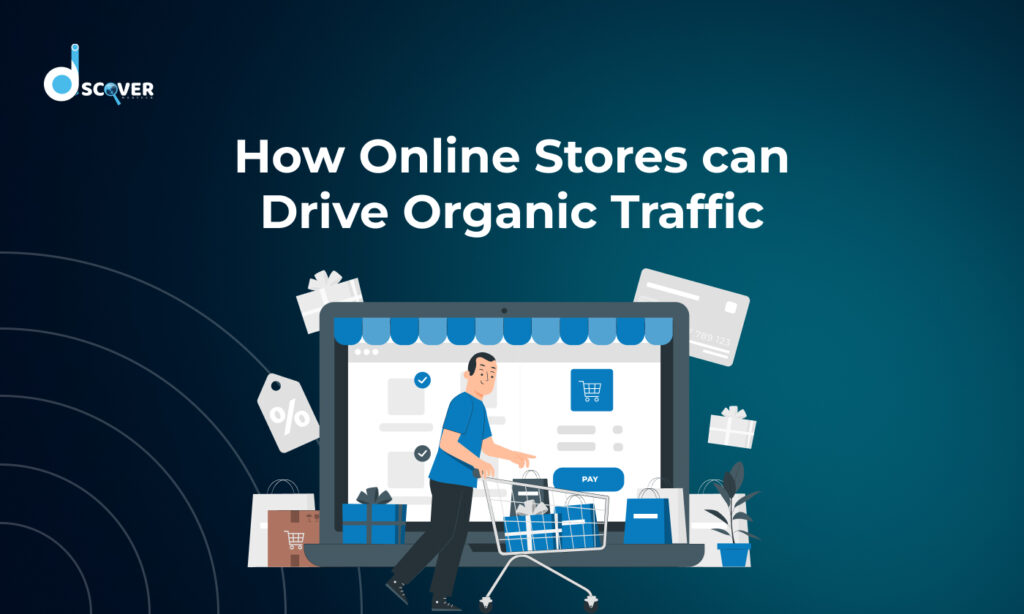
As businesses strive to gain a competitive edge, driving traffic and conversions has become a critical focus. One of the most powerful strategies for achieving this is Search Engine Optimization (SEO). For B2B companies, SEO is not just about improving visibility; it’s about attracting high-quality leads, building trust, and positioning the business as an industry authority. By strategically optimizing your website and content, you can capture the attention of potential clients actively searching for solutions to their business challenges.
What is B2B Business Marketing?
B2B (Business-to-Business) marketing refers to the strategies and tactics used by companies to market their products or services to other businesses. Unlike B2C (Business-to-Consumer) marketing, which focuses on individual consumers, B2B business marketing aims to build relationships and provide value to other businesses, often through products or services that help improve efficiency, profitability, or operational needs.
Key Elements of B2B Marketing:
Longer Sales Cycles: B2B transactions often involve a more extended decision-making process, requiring multiple stakeholders.
Target Audience: The target audience is businesses rather than individuals, with a focus on key decision-makers like managers, executives, or procurement officers.
Focus on Relationships: B2B marketing emphasizes building long-term relationships and trust between businesses.
Higher Transaction Value: B2B products or services tend to involve more complex solutions, with higher value per transaction.
Understanding SEO in the B2B Context
In the B2B space, SEO plays a critical role in driving traffic to your business website, attracting potential clients, and converting them into leads. SEO for B2B businesses differs from B2C in several key ways. While B2C marketing is more focused on emotional appeal and quick transactions, B2B SEO is more strategic, focusing on content that addresses the specific pain points of businesses.
Targeting Industry-Specific Keywords: SEO in B2B is about finding the right keywords that cater to your specific industry and audience.
Content is King: High-quality content that provides solutions to business challenges is essential.
Longer Decision Cycles: B2B buyers tend to conduct more research before making a purchase, making SEO a long-term investment for visibility.
Keyword Research: The Foundation of B2B SEO
Effective SEO starts with understanding what your audience is searching for. For B2B businesses, this means targeting industry-specific, long-tail keywords that reflect the problems your potential customers are looking to solve.
Tips for B2B Keyword Research:
Target Long-Tail Keywords: These are phrases with lower search volume but higher intent, such as “best CRM software for small businesses.”
Use Keyword Tools: Utilize tools like Google Keyword Planner, Ahrefs, and SEMrush to identify relevant keywords.
Analyze Competitor Keywords: Look at the keywords your competitors are targeting to uncover opportunities.
On-Page SEO: Optimizing Your Content for Search Engines
On-page SEO is all about making individual pages on your website more appealing to search engines. This involves optimizing things like your page title, meta descriptions, headers, and the content itself. To improve your SEO, make sure to use keywords in key places like the title, meta descriptions, headers, and throughout the content. It’s also important to provide a good user experience by ensuring your website is easy to navigate and works well on mobile devices, as Google looks at this when ranking pages. Adding internal links to other pages on your site also helps search engines understand your website better and can improve your rankings.
Technical SEO: Ensuring Your Website is Search Engine-Friendly
Technical SEO ensures that your website’s backend is optimized for search engines. It’s about making sure that your site is accessible to search engines and provides a great user experience.
Site Speed: Google uses page load speed as a ranking factor, so improving site speed can lead to better rankings and lower bounce rates.
Mobile Optimization: With mobile-first indexing, ensuring your site is responsive on mobile devices is critical.
Clean URL Structure: Use simple, descriptive URLs that are easy for both search engines and users to understand.
Content Marketing: Creating Valuable Content for Your Audience
In B2B marketing, content is king. Creating valuable, relevant, and informative content helps attract potential clients, build trust, and move them down the sales funnel.
Content Marketing Tips for B2B SEO:
Create Blog Posts, Case Studies, and White Papers: These types of content are particularly effective in B2B business marketing as they showcase your expertise and provide solutions to your audience’s problems.
Optimize for Search Intent: Make sure your content answers the questions or solves the problems your audience is searching for.
Regular Updates: Update your content regularly to ensure that it remains relevant and aligned with current industry trends.
Link Building: Building Authority and Trust for Your Site
Backlinks are one of the most important ranking factors in SEO. Gaining high-quality backlinks from reputable websites within your industry can significantly boost your website’s authority.
Guest Posting: Write guest posts for reputable industry blogs to gain backlinks.
Leverage Partnerships: Build partnerships with other businesses in your industry and exchange backlinks.
Get Listed in Industry Directories: Being listed in trusted B2B directories can boost your authority and improve your local SEO.
Conversion Rate Optimization (CRO): Turning Visitors into Customers
Driving traffic to your site is only half the battle. You need to ensure that your visitors convert into leads or sales. Conversion Rate Optimization (CRO) is the process of optimizing your website to improve conversion rates.
Clear Calls to Action (CTAs): Use strong, action-driven CTAs on every page to guide visitors toward conversion.
A/B Testing: Test different versions of landing pages, forms, and CTAs to determine what works best for your audience.
Lead Magnets: Offer valuable content (e.g., ebooks, webinars) in exchange for contact information to nurture leads.
Voice Search Optimization: Preparing for the Future
As voice search becomes more popular, it’s important for businesses to adjust their SEO strategies to match how people speak. Voice searches often use more natural, conversational language and tend to be longer queries. For B2B companies, this means creating content that answers questions the way potential clients might ask them out loud.
To optimize for voice search, focus on using natural language in your content, such as answering questions like, “What’s the best software for small businesses?” Also, since a lot of voice searches are location-based, it’s important to optimize for local SEO to attract customers in specific areas.
Tracking and Measuring SEO Success
It’s important to keep track of how well your SEO efforts are working. By measuring key metrics, you can see what’s working and where you can improve. This includes checking your website traffic, keyword rankings, and how many visitors turn into customers. Regularly reviewing these numbers helps you adjust your strategy to get even better results over time.
- Organic Traffic: Measure how much traffic you’re getting from search engines.
- Keyword Rankings: Track where your website ranks for targeted keywords.
- Conversion Rates: Measure how well your traffic is converting into leads or sales.
Conclusion
SEO plays an integral role in driving traffic and boosting conversions in B2B business marketing. By focusing on keyword research, optimizing on-page and technical SEO, creating valuable content, and building strong relationships through link building, B2B businesses can significantly improve their online visibility and attract high-quality leads. Implementing these strategies will help position your business for long-term growth and success in the competitive B2B space.


